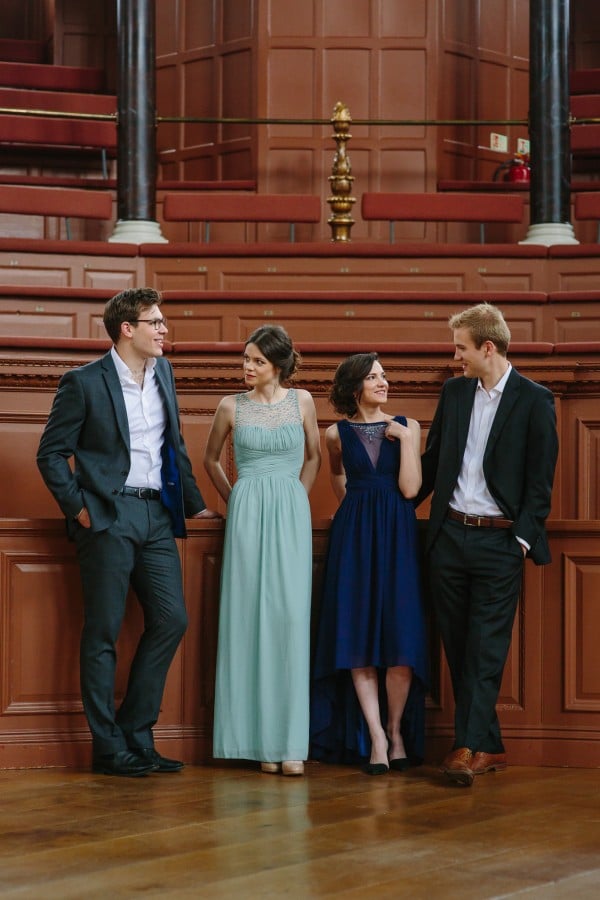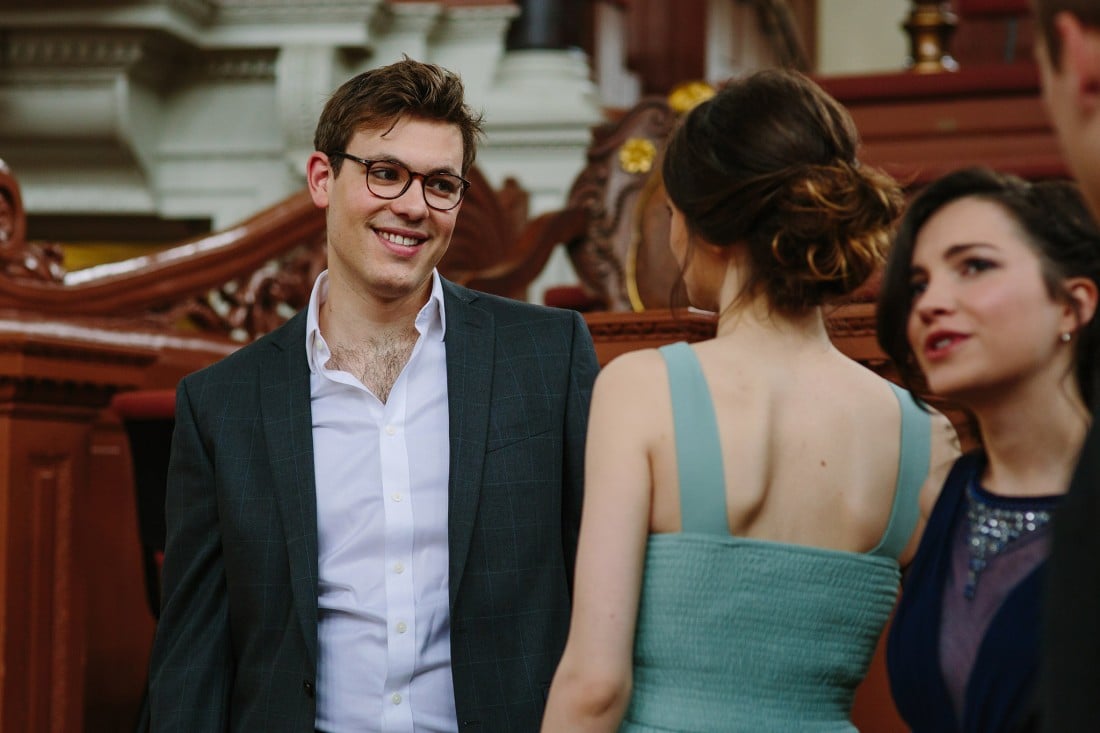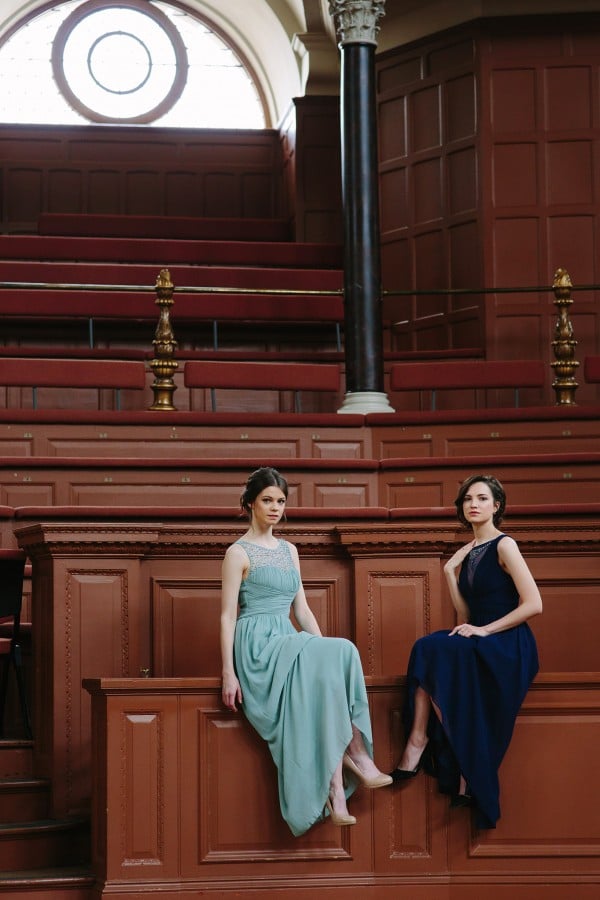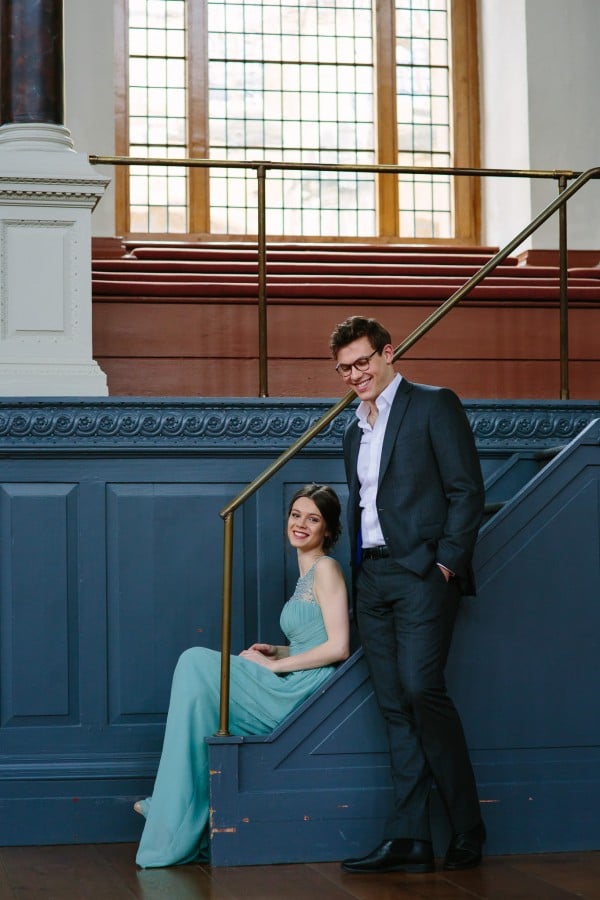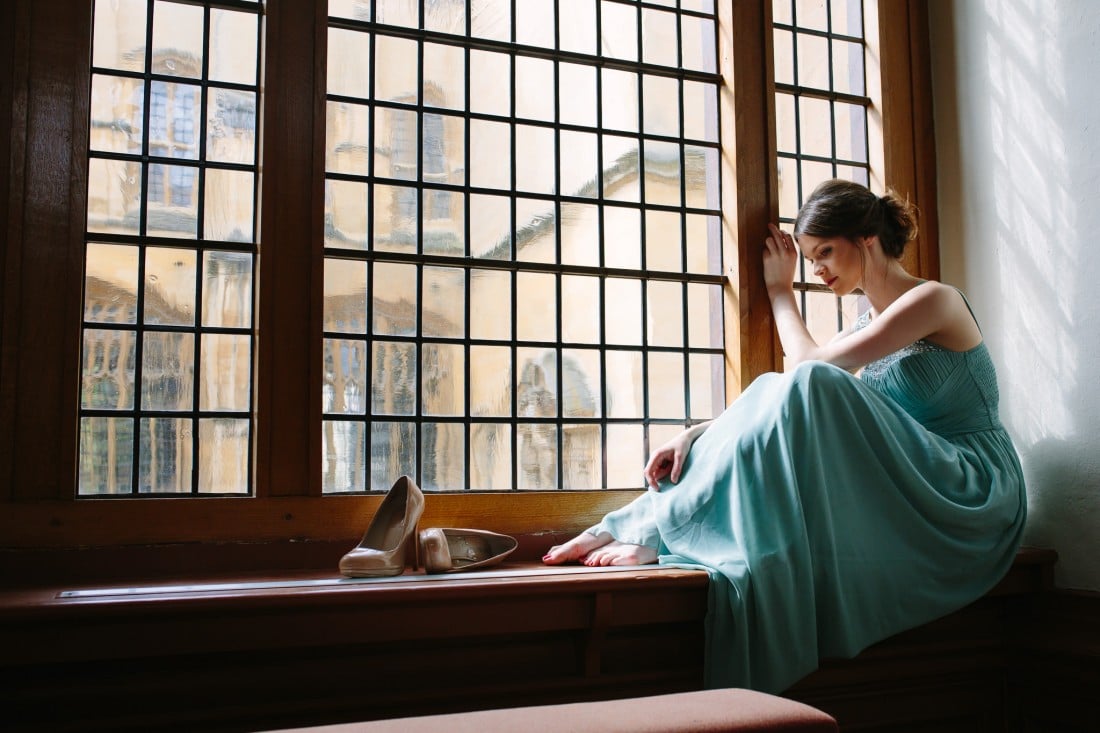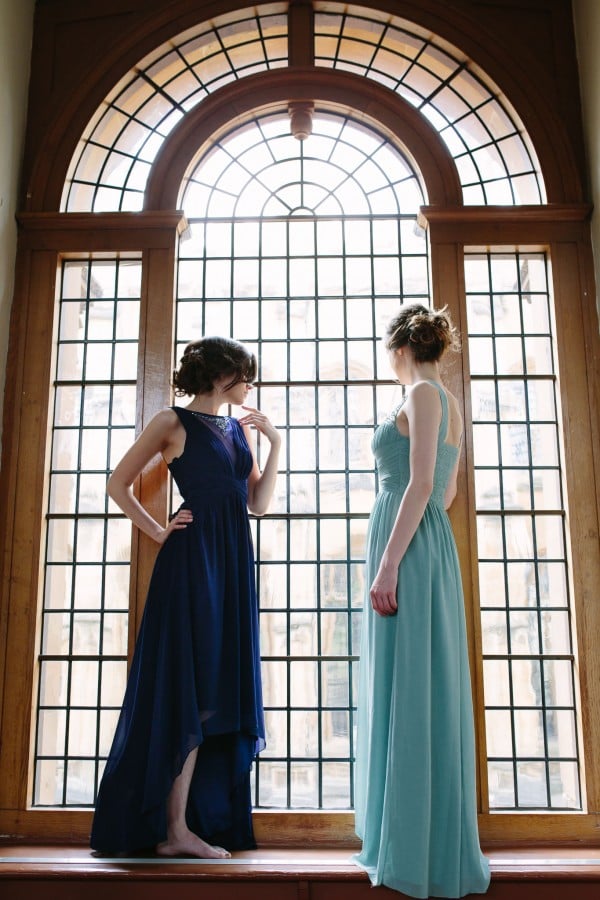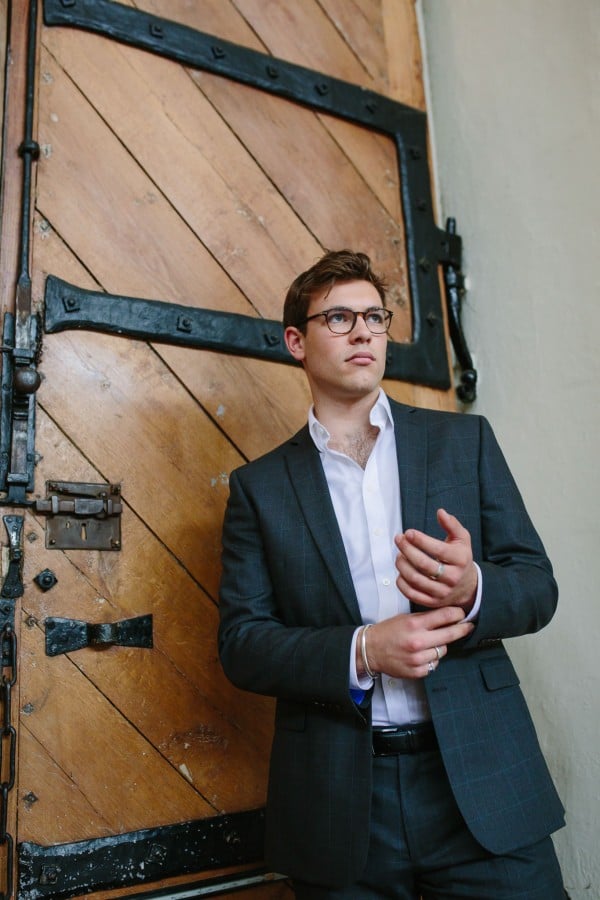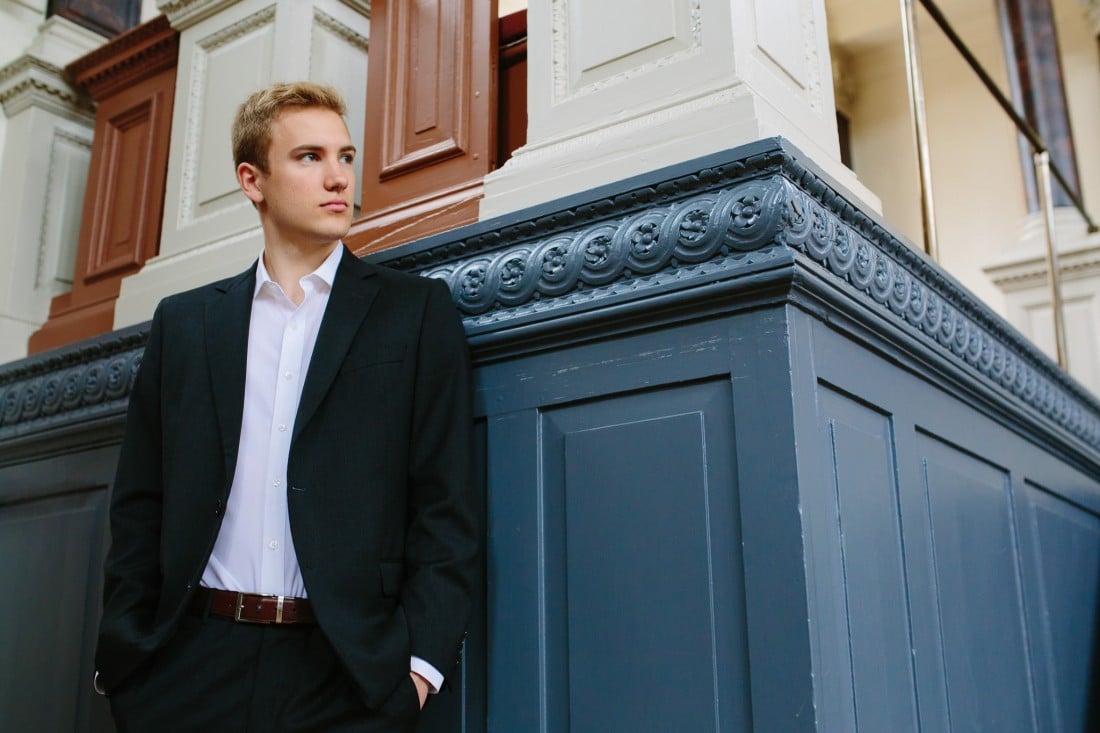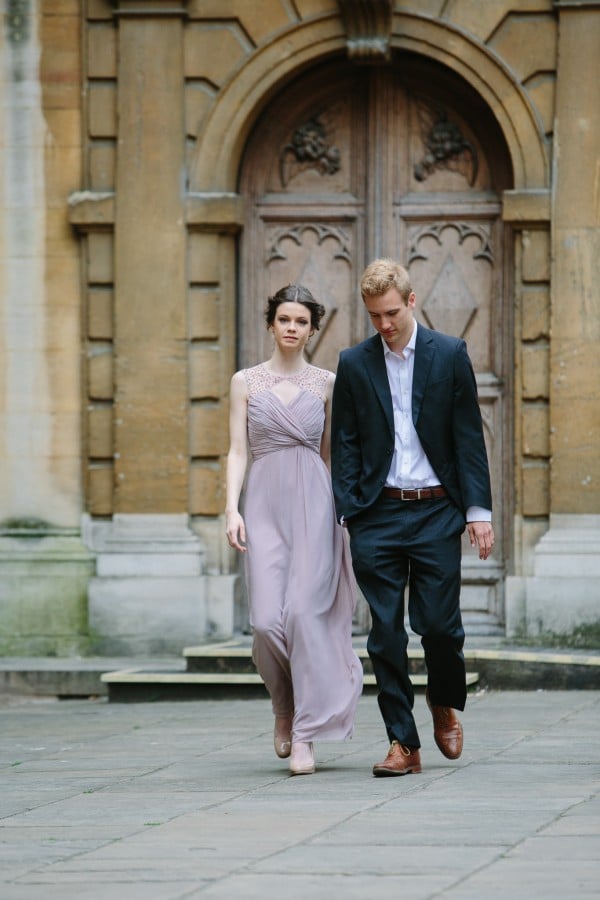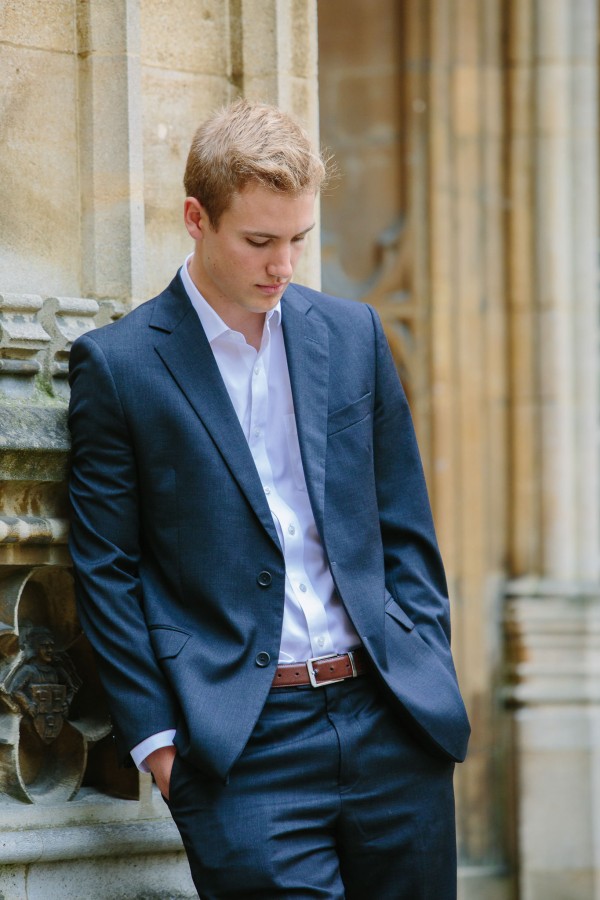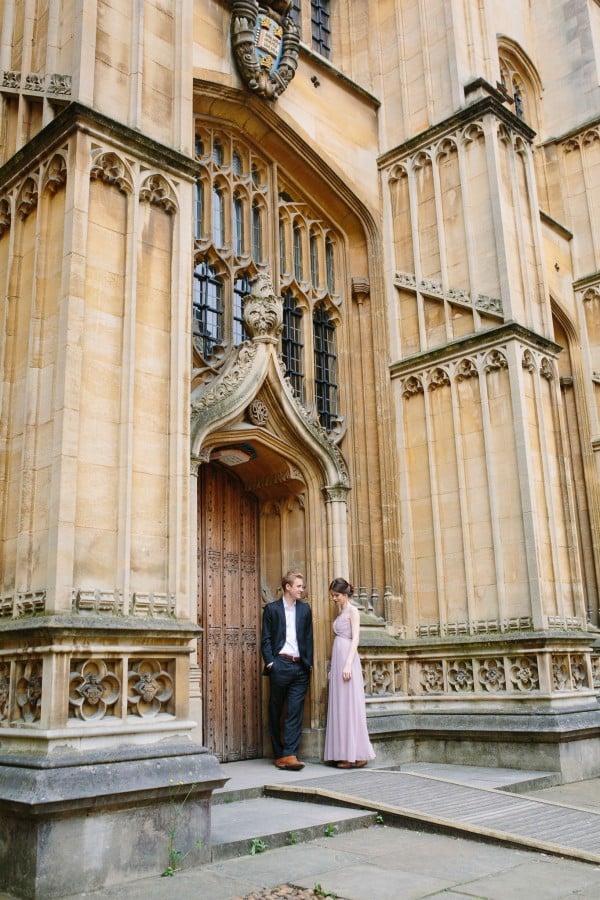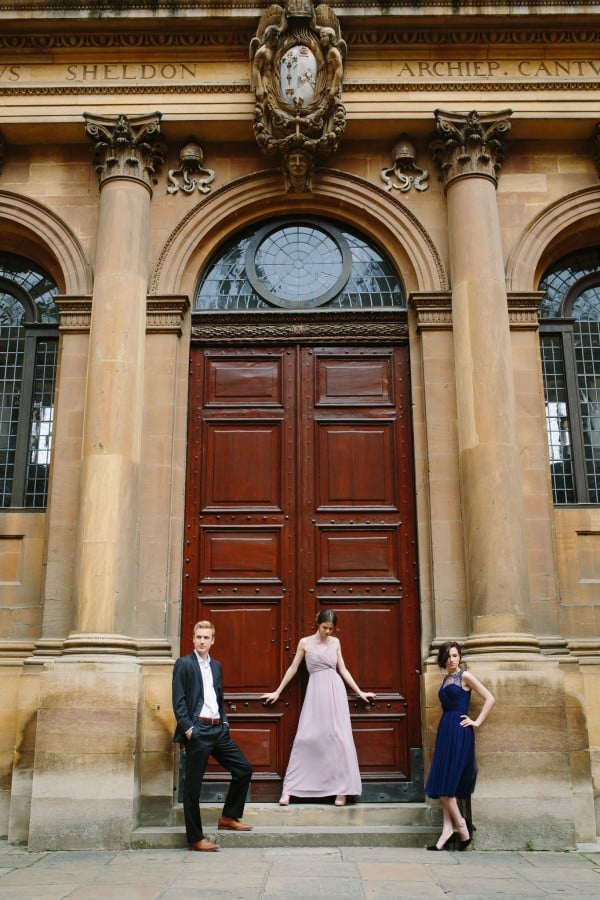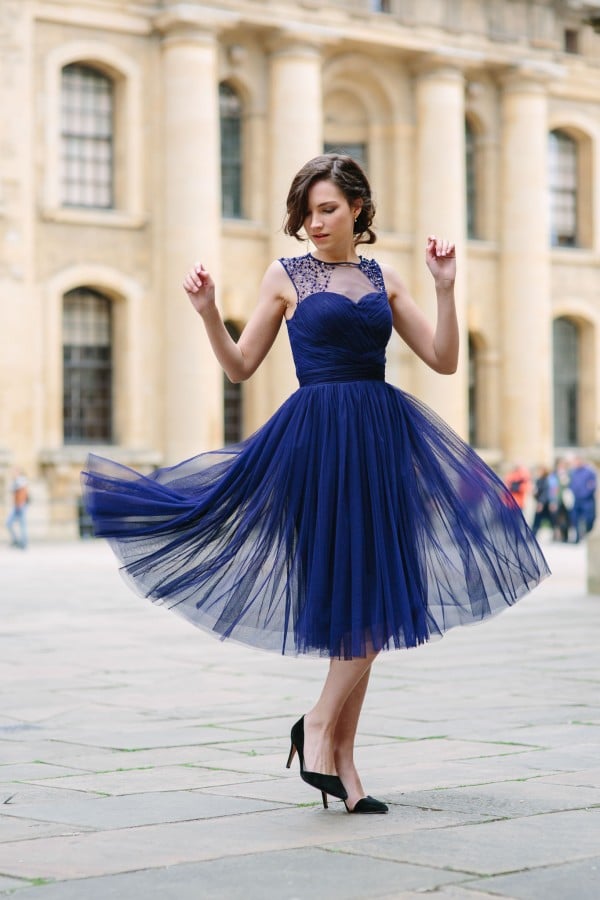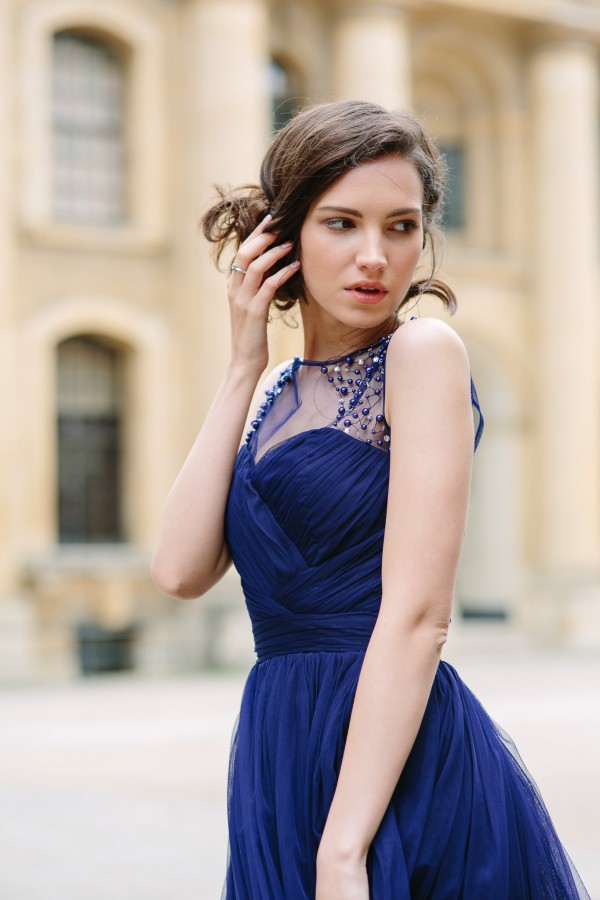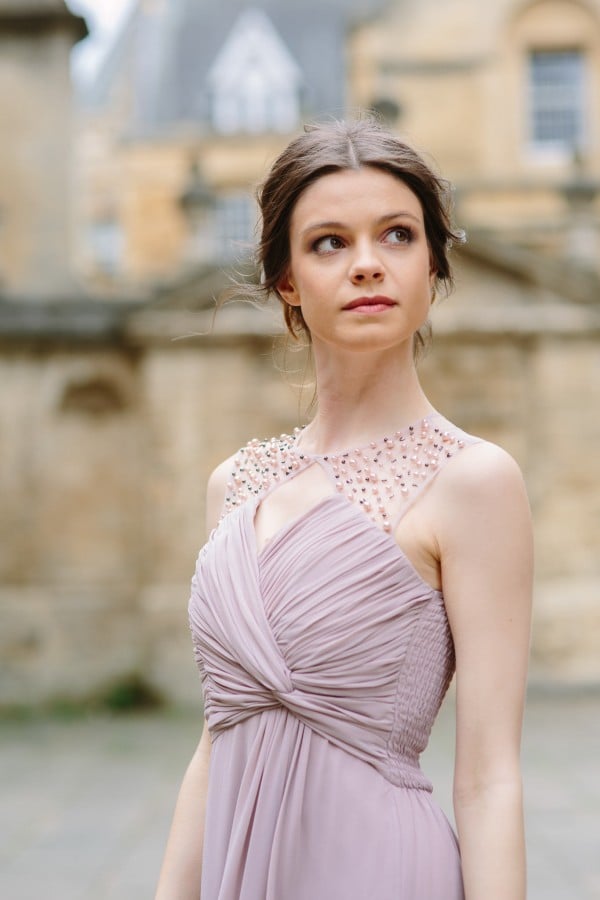Since the moment Wanda had given birth, since the second Paul had known that the baby had survived, it had been impossible for the nurses, the doctors, or anyone for that matter, to diffuse the cloud of helplessness and panic that he emitted. They all left him alone now.
Paul sat with a heightened sense of living. Although he was frozen to one of the uncushioned plastic chairs that lined the walls of that grey hospital room, he felt every atom of his body vibrate with panic. At this moment, he was conscious that each and every breath he took was yet another mark of the length of time he had let pass without speaking to Wanda or looking at the child he wished they had never accidentally fucked into life.
Swaddled in white cotton and the arms of its mother, it murmured barely human sounds. Crossing both his legs and his arms, he attempted to shelter himself from the conversation that he knew was coming but wanted desperately to avoid. His mind, at present, was struggling to come to terms with what he viewed as a quickly disappearing future with any hint of independence about it. Formulating sentences was a skill that would come back to him, he assumed. For now, as he sat there living in the silences between the ticks of the wall-clock, he would be silent and think up what he could say that could possibly win him back from his life from the living accident in the arms of his girlfriend.
The baby waved its balled-up fist in the air in an irritating approximation of a victory wave. Paul gritted his teeth and looked down at his feet. “You’re fucked,” he thought. “You fucked her and now you’re fucked,” was the thought that zipped from one side of his brain to the other over and over now.
“What shall we call her?” was the purred phrase that carried across the space between the hospital bed and Paul’s hunched form. Trying to think past the background hum of his panicked thoughts, he looked up. He looked at Wanda for the first time in what must have been hours. She was a new person, in a way. No one looked the same now. Did he look the very same as he had before? Before he fully knew what he was saying, his panic pushed up an answer tainted with his grief for his own future, with the bitterness of a survivor who has watched their best friend die.
“Why not ‘Alleyway’?” he spat. “Name her after the place she was bloody conceived.”
As he said this he watched the warmth in her tired eyes fade only to be replaced by an enraged intensity.
“Don’t be such a bloody baby, Paul,” she whispered. The curl of her lip and the arch of her brow warned him not to antagonise her any further. He looked down again, unable to return her gaze.
“She’s yours too,” he heard, “She’s both of ours, and I want you to at least have some say in the name she has for the rest of her life.”
To Paul, the steel in her tone was another call to arms. He readied his weapon tongue. “I didn’t want to have it. I —”
“Her”, Wanda parried, before he could continue. He paused and re-worded. “I didn’t want to have her at all. You wanted her. You made a choice to have this life now and I wasn’t part of that choice. And I don’t want to have that life.”
As if pulled back on a bungee cord, he snapped to the back of his chair. He had spent the majority of his energy on that shout and now he quivered with adrenaline, each breath making him feel slightly sicker, each inhalation allowing more anger to mount up inside him. Wanda raised her pale head and looked down on him.
“You were part of the choice to fuck me drunk in the streets,” she whispered through gritted teeth. “And no matter what you would rather have happened, you were part of the choice I made to keep her. So for fuck’s sake, Paul, help me choose a name!”
The baby in her arms snuffled loudly, threatening to cry. As she bent her head to soothe the infant, Paul suddenly stood up, ready to storm out of the door of the room and leave. But then he stopped. His knees locked. Wanda’s eyes darted up from her child to meet his gaze. As she took in the fact that he was standing, the tension in her face left it completely. Her mouth dropped half open and her eyes widened.
“Paul, stay here.” Almost a warning, mostly a plea.
He was deaf to her. He knew that by standing up, he had constructed a divergence in the road of his life but he was held from moving. He looked to Wanda, to the life she held in her arms that he had helped make. He looked into her fear-widened eyes. And he had to look away.
He moved toward the door.
“Paul!”
He couldn’t be held back now. With his hand on the door he wrenched it open, brought himself through, and shut it behind him. He heard a muffled scream of his name through the door and it pushed him further away.
And the further he willed himself away, the safer he felt from the responsibility he had nearly had to take on. Each stride down the white, sanitized corridors of the hospital shielded him from Wanda’s cries, shielded him from his unnamed child, shielded him from his future.
He walked from the confines of the hospital into the open air and focused on the road before him. The horizon was his only destination. Yet as far as he would go, Wanda’s cries still echoed in his ears. Fear and guilt flavoured the inside of his mouth, and on the wind he seemed always to hear her beg him to stay.
Thoughts of the anonymous child in Wanda’s arms chased him down the road as his pace quickened. And confronted by these thoughts, he walked away.



